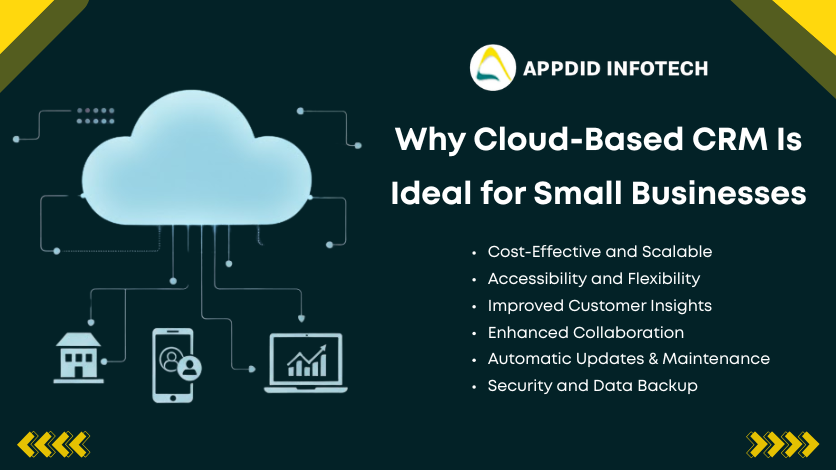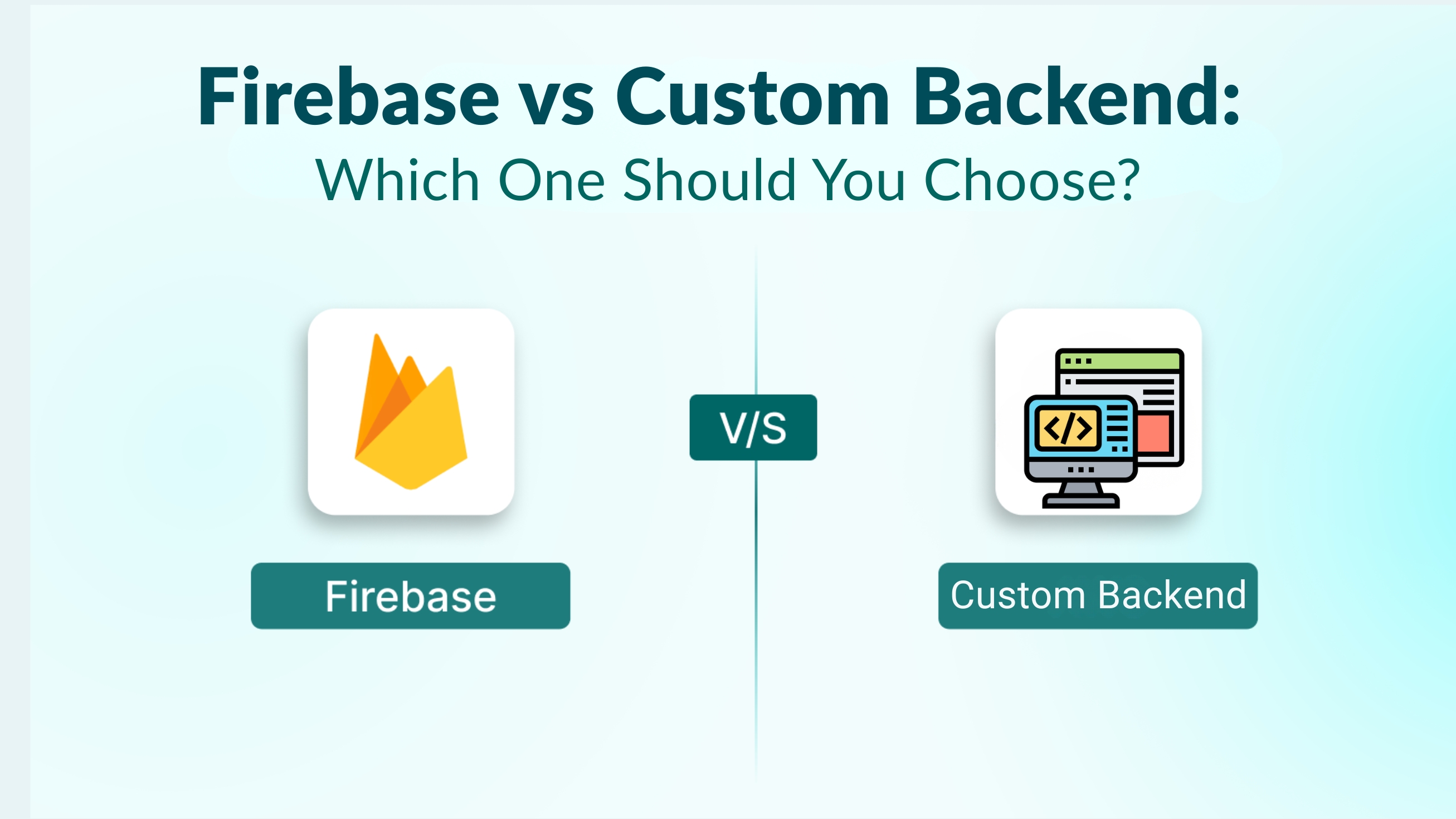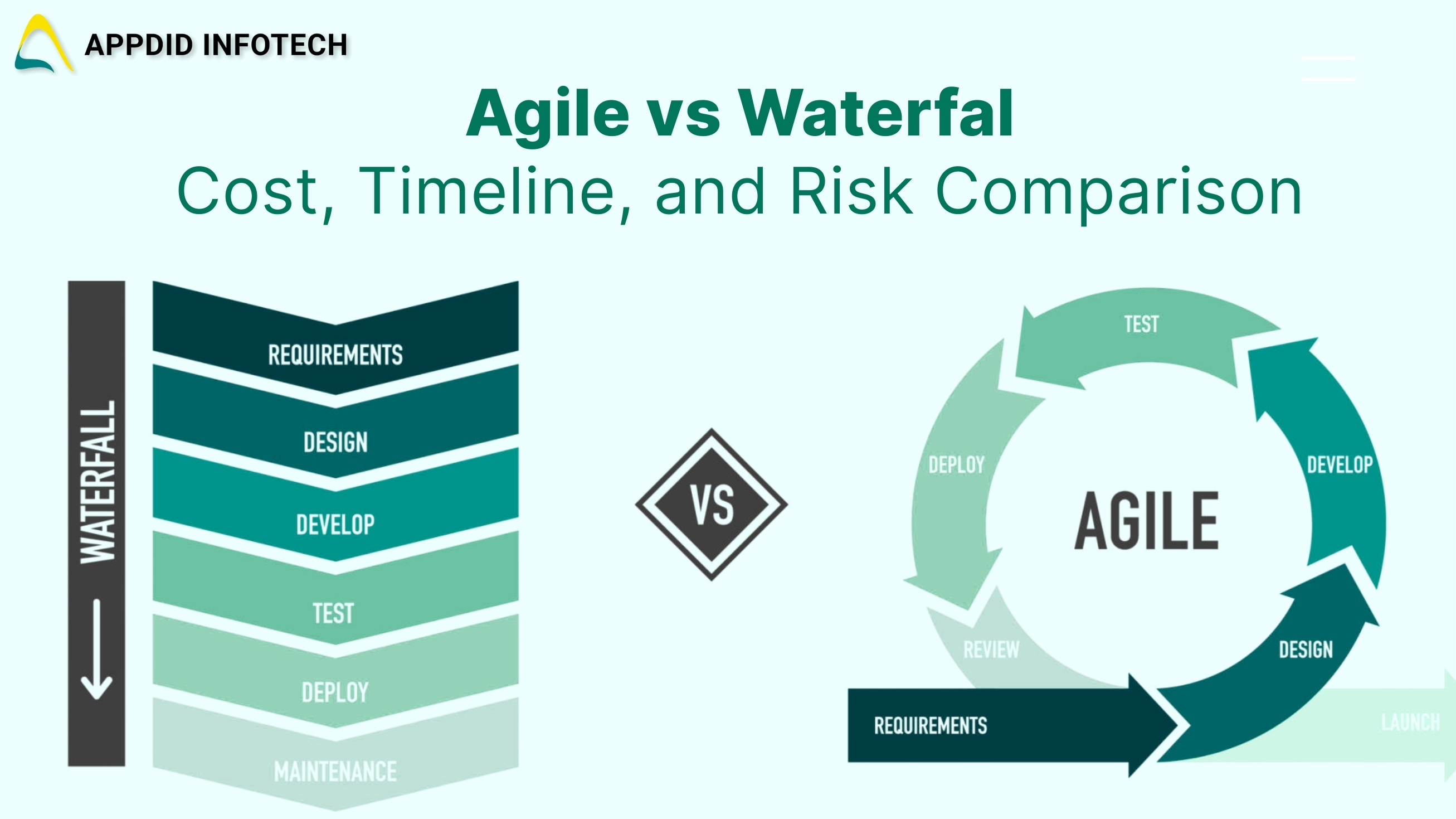Why Cloud-Based CRM Is Ideal for Small Businesses
In today’s competitive business environment, managing customer relationships efficiently is crucial for small businesses. Traditional methods of maintaining customer data using spreadsheets or offline systems are no longer sufficient. This is where a Cloud-Based CRM comes into play. It provides a cost-effective, scalable, and accessible solution to streamline sales, marketing, and customer service.
In this blog, Appdid explores why small businesses should adopt a cloud-based CRM, highlighting its benefits, key features, and the ways it can transform business operations.
What Is a Cloud-Based CRM?
A Cloud-Based CRM is a customer relationship management system hosted on cloud servers rather than on local servers or computers. This means the software and data are accessible via the internet from anywhere, at any time, using any device.
Unlike traditional CRMs that require installation, maintenance, and IT infrastructure, cloud-based solutions provide a hassle-free experience. They are especially beneficial for small businesses that may not have a dedicated IT team but still want to leverage powerful CRM tools.
Key Benefits of Cloud-Based CRM for Small Businesses
Adopting a cloud-based CRM can have a transformative impact on small businesses. Here are the main advantages:
1. Cost-Effective and Scalable
Small businesses often operate with tight budgets. Cloud-based CRMs usually come with subscription-based pricing, eliminating the need for expensive hardware or software licenses. As your business grows, you can easily scale the solution without major investments.
2. Accessibility and Flexibility
Cloud-based CRMs can be accessed from any device with an internet connection, allowing employees to work remotely or on the go. This is particularly useful for sales teams, field agents, or businesses with multiple locations.
3. Improved Customer Insights
A cloud-based CRM consolidates all customer data in one place, providing valuable insights into customer behavior, purchase patterns, and communication history. Small businesses can use these insights to make data-driven decisions, personalize marketing campaigns, and enhance customer satisfaction.
4. Enhanced Collaboration
With all customer information stored in the cloud, team members can access the same data in real time. This improves collaboration between departments such as sales, marketing, and support, ensuring everyone is on the same page.
5. Automatic Updates and Maintenance
Cloud-based CRMs are maintained by the provider, which means small businesses don’t have to worry about software updates, security patches, or system maintenance. This allows teams to focus on growing the business instead of managing IT issues.
6. Security and Data Backup
Reputable cloud-based CRM providers offer robust security measures and regular data backups. This ensures that your customer data is safe from loss or unauthorized access. For small businesses, this level of security is often difficult to achieve with in-house systems.
Key Features of a Cloud-Based CRM
Small businesses should look for the following essential features when choosing a cloud-based CRM:
-
Contact and Lead Management: Centralized database to track prospects and customers.
-
Sales Automation: Automate repetitive sales tasks and workflows to save time.
-
Marketing Automation: Run email campaigns, social media marketing, and track engagement.
-
Customer Support: Manage tickets, queries, and provide better support to clients.
-
Analytics and Reporting: Generate reports to monitor sales performance and customer trends.
-
Integration Capabilities: Easily integrate with other business tools such as email, accounting, and e-commerce platforms.
These features help small businesses improve efficiency, reduce manual work, and increase overall productivity.
Why Small Businesses Should Adopt Cloud-Based CRM
1. Faster Decision-Making
With real-time data and analytics available in a cloud-based CRM, small businesses can make quick, informed decisions. This helps in responding promptly to market trends and customer needs.
2. Better Customer Retention
By tracking customer interactions and preferences, small businesses can provide personalized service. A cloud-based CRM allows businesses to nurture relationships, resulting in higher customer retention and loyalty.
3. Competitive Advantage
Many small businesses still rely on traditional CRM systems or manual processes. Implementing a cloud-based CRM allows them to compete with larger enterprises by streamlining operations and improving customer experience.
4. Time and Resource Efficiency
Automating repetitive tasks such as follow-up emails, reporting, and data entry frees up time for employees to focus on core business activities. Small businesses benefit from better resource utilization and reduced operational costs.
Common Mistakes to Avoid
Even with a cloud-based CRM, small businesses can make mistakes that reduce its effectiveness:
-
Not Training the Team Properly: Employees need training to use CRM features efficiently.
-
Overcomplicating Processes: Keep CRM processes simple to ensure adoption and ease of use.
-
Neglecting Data Cleanliness: Regularly update and clean customer data to maintain accuracy.
-
Choosing the Wrong CRM: Select a solution tailored to small business needs, not an enterprise-level tool with unnecessary complexity.
FAQs About Cloud-Based CRM
1. What is the difference between cloud-based and traditional CRM?
Cloud-based CRMs are hosted online and accessible anywhere, while traditional CRMs are installed locally and require maintenance.
2. Is a cloud-based CRM secure for small businesses?
Yes, reputable providers offer encryption, backups, and security protocols to protect your data.
3. Can small businesses afford a cloud-based CRM?
Yes, most cloud CRMs have subscription-based pricing, making them cost-effective for small businesses.
4. Do I need technical skills to use a cloud-based CRM?
No, most solutions are user-friendly and designed for non-technical users.
5. Can cloud-based CRMs integrate with other business tools?
Yes, they usually integrate with email, accounting software, e-commerce platforms, and marketing tools.
6. How quickly can small businesses implement a cloud-based CRM?
Implementation is fast, often within days or a few weeks, depending on business size and complexity.
7. Will a cloud-based CRM improve customer relationships?
Yes, by providing better insights, automated workflows, and personalized engagement, it helps strengthen customer relationships.
Conclusion: Partner with Appdid for Complete Digital Solutions
For businesses looking to grow and thrive in the digital era, having the right tools and platforms is crucial. At Appdid, we provide a comprehensive suite of services, including mobile app development (Android, iOS, and cross-platform), responsive website development, CRM software, digital marketing, and reliable web hosting.
Our solutions help businesses streamline operations, enhance customer engagement, and strengthen their online presence all while being scalable and cost-effective. Based in Mumbai, we also proudly serve clients across Navi Mumbai, Nagpur, Hyderabad, Pune, Andhra Pradesh, and other regions in India.
Partner with Appdid today to discuss your mobile app, website, CRM, or digital marketing needs and take your business to the next level.










